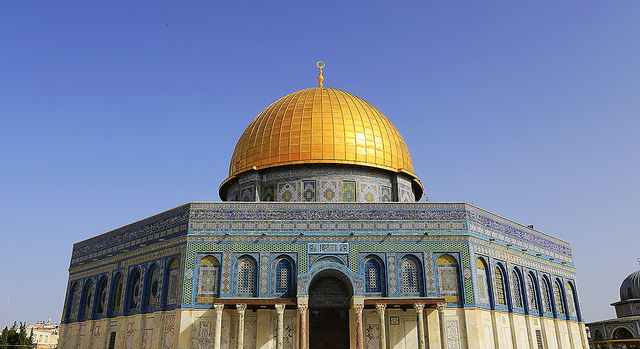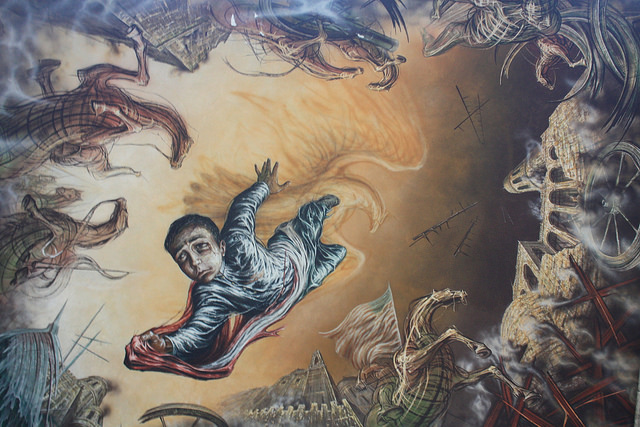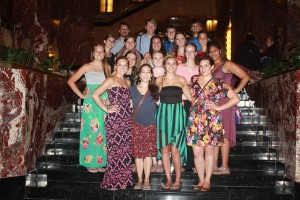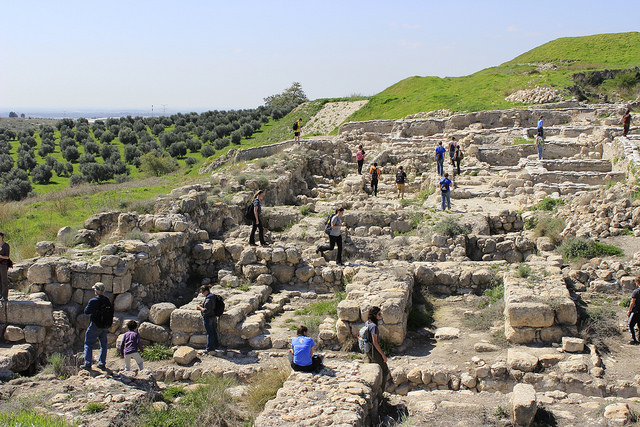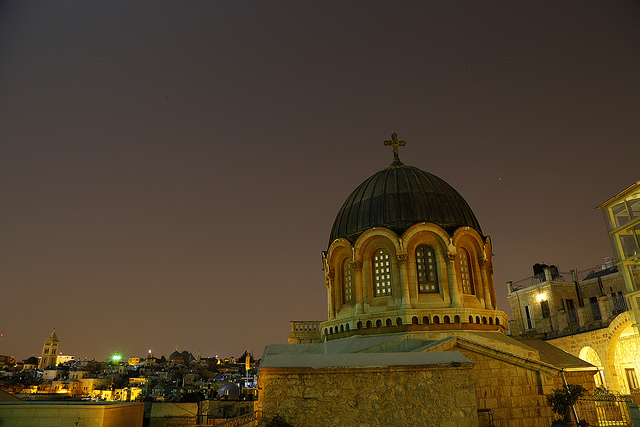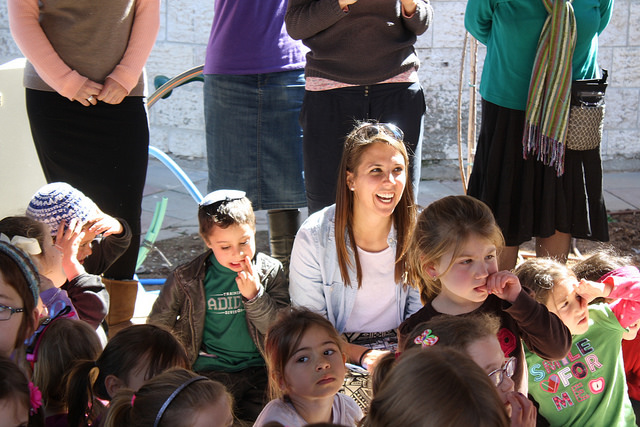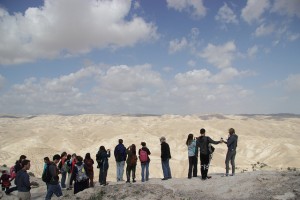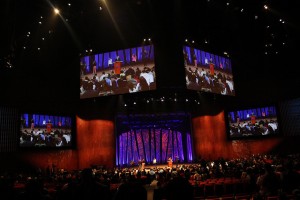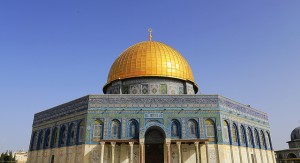 After a week of various independent travel experiences, all 30 members of our cross cultural made our way back to Jerusalem. Coming back to a now familiar city almost feels like returning home after a semester of almost never … Continue Reading ››
After a week of various independent travel experiences, all 30 members of our cross cultural made our way back to Jerusalem. Coming back to a now familiar city almost feels like returning home after a semester of almost never … Continue Reading ››
Jerusalem and the Galilee
 After a week of various independent travel experiences, all 30 members of our cross cultural made our way back to Jerusalem. Coming back to a now familiar city almost feels like returning home after a semester of almost never … Continue Reading ››
After a week of various independent travel experiences, all 30 members of our cross cultural made our way back to Jerusalem. Coming back to a now familiar city almost feels like returning home after a semester of almost never … Continue Reading ››
